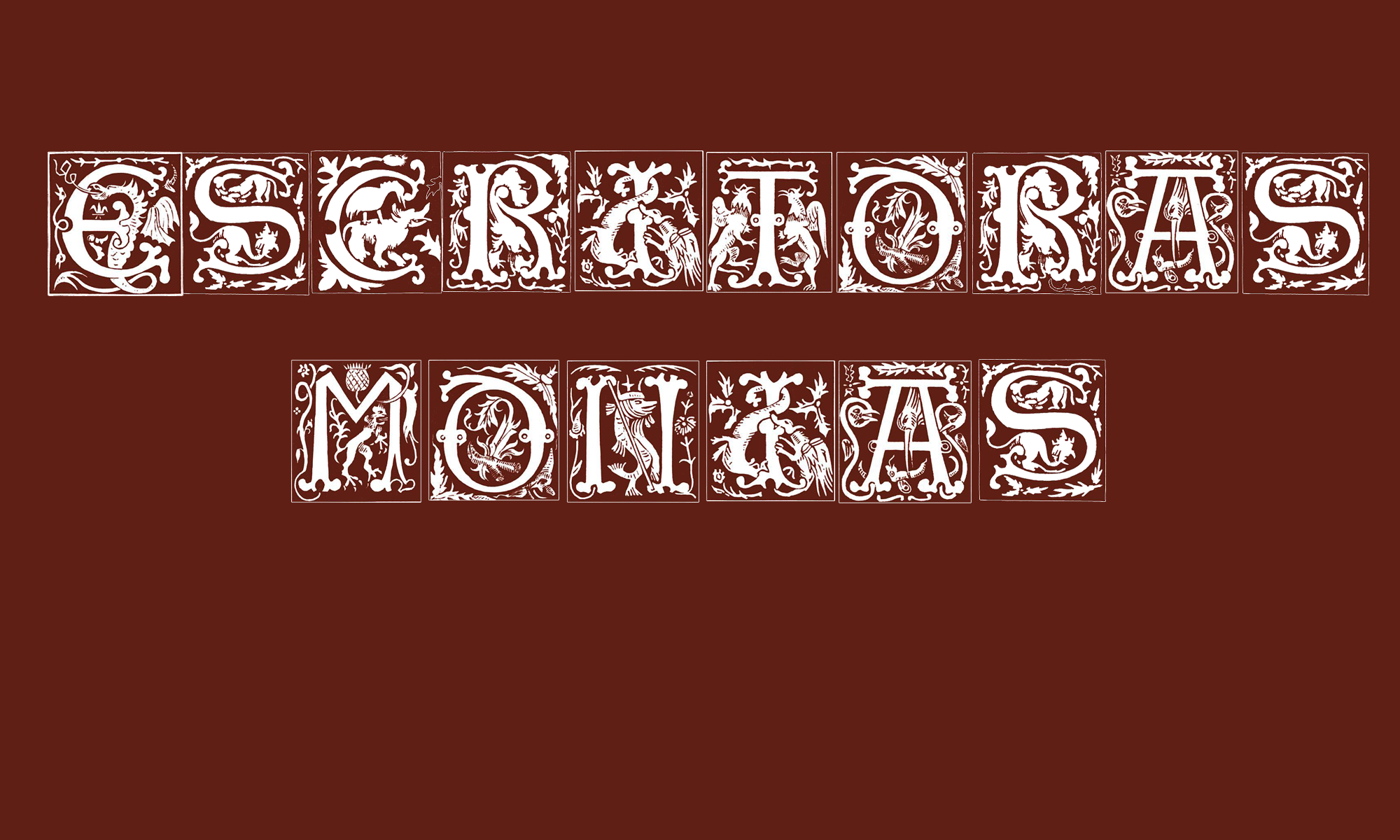The database complements the study “Nun writers. Authority and authorship in women’s conventual writing in the Spanish Golden Ages’, published by Iberoamericana-Vervuert in 2019. Its aim is to provide open access to biographical and bibliographical information on selected Spanish women religious authors and their intellectual heritage.
It is a starting point for the documentary study of primary sources within a broad temporal, material and thematic framework. It offers brief biographical entries on seventeen women religious writers of the Spanish Golden Ages, information on the primary sources in the form of archival records, and a critical bibliography. This, all together, invite interrogation from different disciplines and approaches, such as the history of literature and spirituality, literary criticism, and cultural and gender studies.
The catalogued corpus covers different religious orders (O. C. D.; O. S.; O. Cist.; O. S. J.; O. A. R.; O. SS. T.; O. I. C.), different orders (monastic, mendicant as well as tertiary women and beatas), different socio-geographical contexts and a wide time frame from the late 15th to the 18th centuries. It also testifies to the different possibilities, motivations and abilities of the authors selected, to their different receptivity and aesthetic sensibility and, finally, to their diverse levels of spiritual commitment.
The material catalogued consists mainly of manuscripts and early printed works, and includes literary texts (poetry, prose and drama), autobiographical and mystical testimonies (especially autobiographies by mandate), paraliterary texts (those that do not fall under the classification of belles lettres, such as letters, chronicles or testimonies of conscience) and paratexts (prologues, dedications and epilogues). Such a heterogeneous textual corpus allows a comprehensive view of women’s literary authority and authorship and their problematic historical visibility.
Used as a complementary tool to the book and also as a independent open access digital database it is an invitation to study female literary authorship and authority in the context of Hispanic monasticism in the Golden Ages.
The book ‘Escritoras monjas’/ ‘Nun Writers’ presents the creations of seventeen female religious writers, nuns and beatas, from the 16th and 17th centuries, until now little studied or practically unknown, providing new bibliographical references and original material on the spirituality of women in the Early Modern Age and the first female literary traditions in the Iberian world. It combines historiographical revision with contemporary cultural criticism, restores the literary traditions of female authorship and analyses the significance that their thought had for the dominant discourses in history. At the same time, it invites the reader to redefine not so much the place as the space of women in Christian tradition, culture and religion, understanding space no longer as a mere place, but as a whole system of relationships.
From an interdisciplinary approach that encompasses literary and cultural history, gender studies and historical research, it seeks to overcome the understanding of this conventual creation on the marked margins of the feminine-masculine, enclosure-aperture and superiority-subordination binomials – which places it in a position of resistance and marginality – and to map the writing of Spanish nuns in relation to the existence of networks and a positive sense of community.
